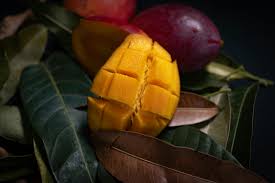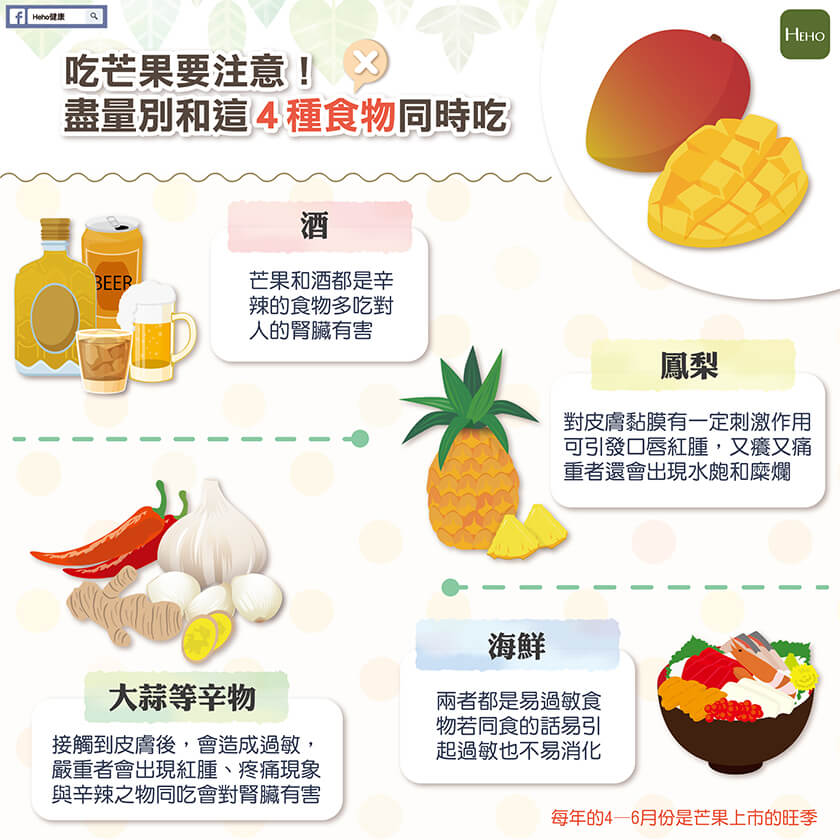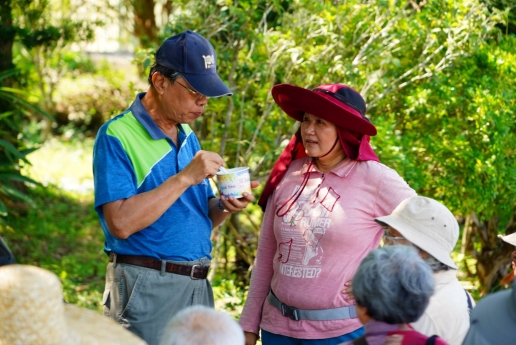The peak season for mangoes is from April to June each year. Everyone knows that mangoes have many health benefits, especially since they contain a high amount of carotene, the precursor of vitamin A, which is rare among fruits. However, many people are unaware of the precautions to take when consuming mangoes. Here are some important points to note:
- Do Not Eat Mangoes with Alcohol
Both alcohol and mangoes are considered spicy foods. Consuming them together can harm the kidneys. - Do Not Eat Mangoes with Pineapple
Eating these together can cause allergies. Both mangoes and pineapples contain chemicals that can trigger skin allergies. Mangoes contain monohydroxybenzene or dihydroxybenzene, and unripe mangoes also contain aldehydes, which can irritate the mucous membranes and cause symptoms like swollen lips, itching, and pain. Severe reactions may include blisters and erosion. Pineapples contain glycosides and bromelain, which can also have adverse effects on the skin and blood vessels, with allergic reactions often appearing about an hour after consumption.

Mangoes are high in carotene. (Photo/Source: Flickr)
- Do Not Eat Mangoes with Seafood
Both mangoes and seafood are difficult to digest when eaten together, and both can cause allergic reactions. - Do Not Eat Mangoes with Spicy Foods like Garlic
Mangoes contain a large amount of fruit acids, amino acids, and proteins that can be irritating. Contact with the skin can cause allergies, leading to redness and swelling. Avoid eating mangoes with spicy foods such as garlic, onions, chives, ginger, alcohol, chili peppers, Sichuan peppercorns, black pepper, cinnamon, star anise, and cumin.
- While mangoes are rich in vitamins, people who have had allergic reactions in the past should avoid eating them, especially those who have previously been allergic to mangoes.
- When eating mangoes, avoid letting the juice contact the area around the lips. Swallowing directly is safer, and it is important to wash your hands after touching mango juice.

People with allergy symptoms should avoid eating mangoes. (Photo/Source: Pxhere)
- immediately rather than trying to handle it yourself.
By following these precautions, you can safely enjoy the delicious taste and nutritional benefits of mangoes.







